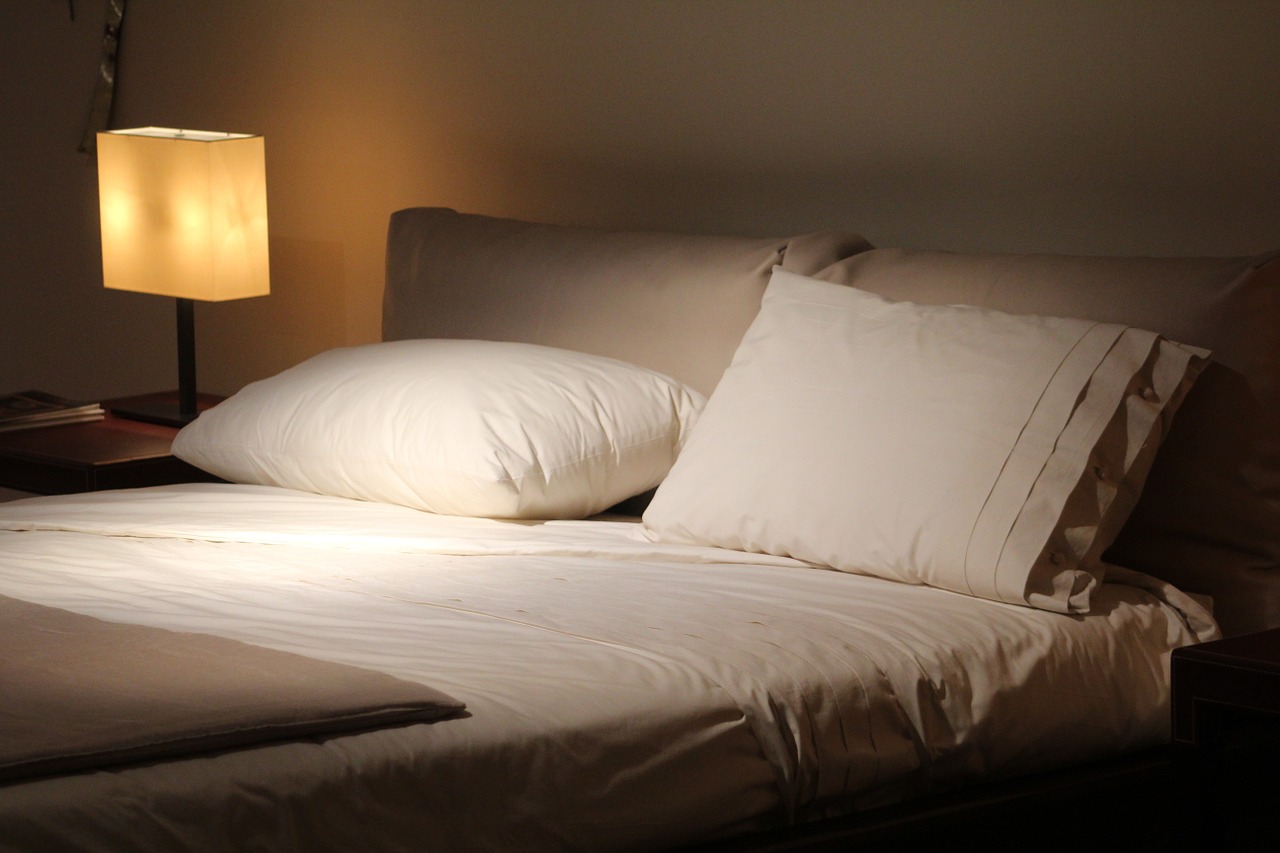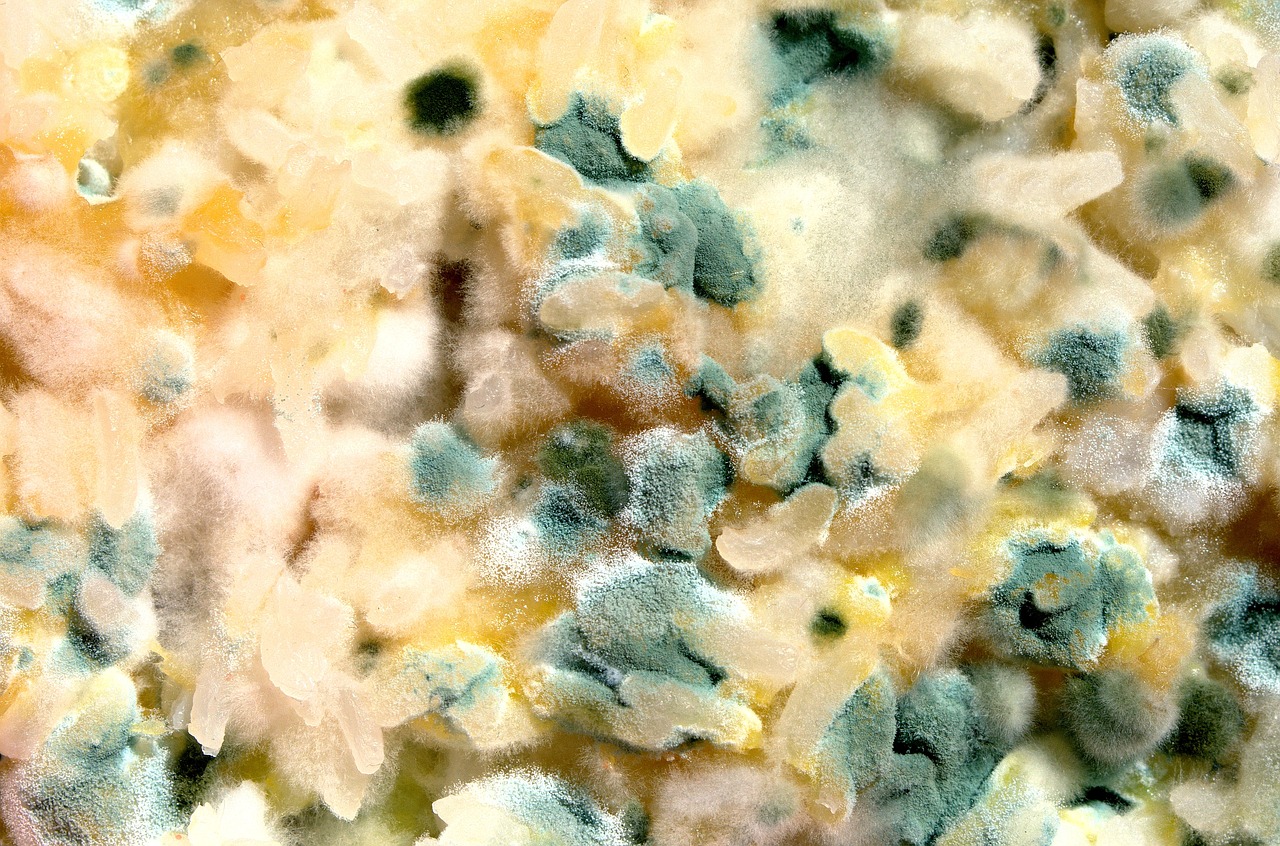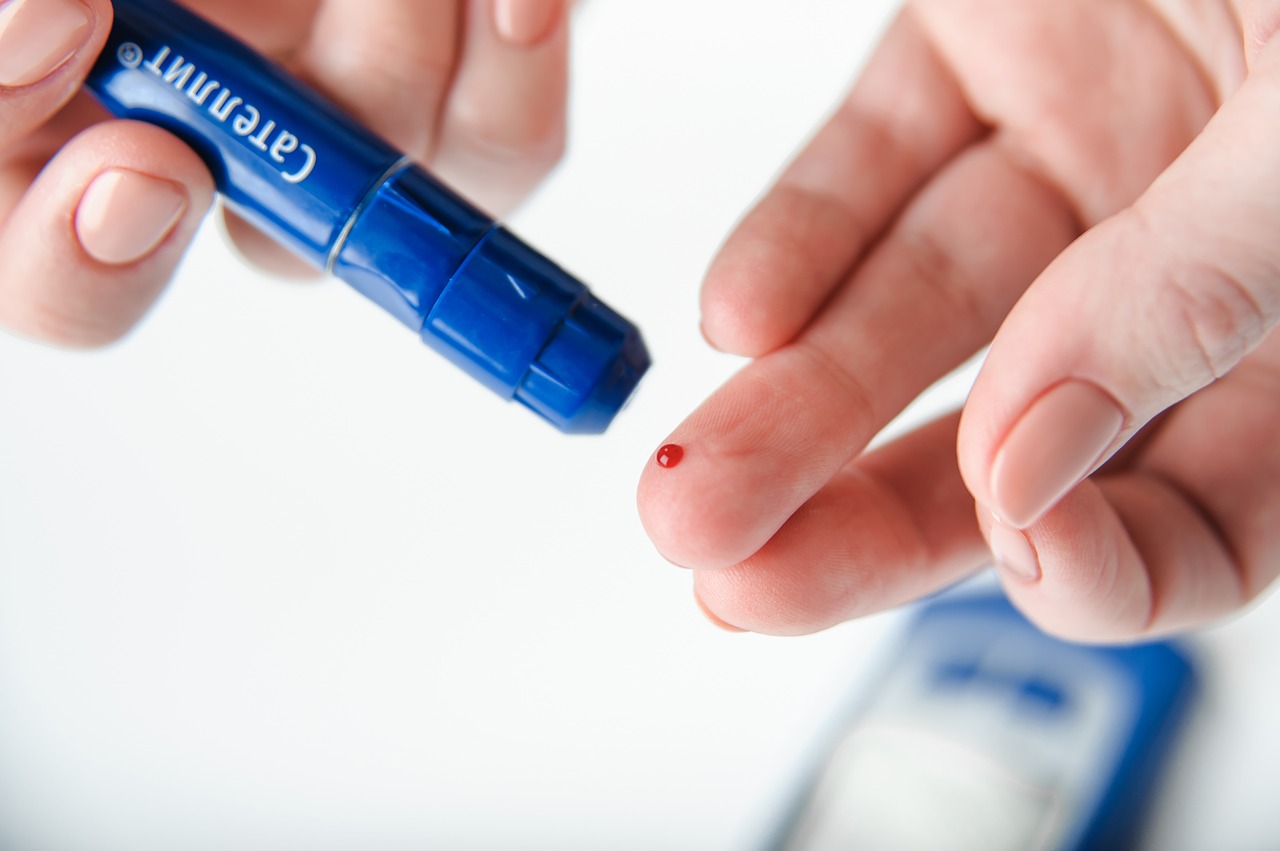A Science based Resource FOR APOE4 Carriers to FIGHT ALZHEIMER'S
This site was started because most people are not aware that Alzheimer’s can be prevented and reversed. When I received the results from a 23andMe test, I was floored when I learned that I was homozygous Apoe4. Ninety-one percent of homozygous Apoe4 carriers will get Alzheimer’s. I was determined to be part of the nine percent that doesn’t.
I spent the last two years studying Alzheimer’s. How to prevent and reverse it. Although by no means an expert, I found hundreds of randomized clinical trials that have provided evidence of positive cognitive outcomes in Alzheimer’s and MCI patients. Those RCTs are cataloged within this site. Randomized clinical trials are the gold standard of measuring clinical treatment outcomes. Really they are the only way. There are thousands of examples of how in vitro, animal and observational studies do not reflect what happens in the human body. Pertinent RCTs are cataloged within this site. My goal is to pass on that information so that you can benefit from it. All of us can fight Alzheimer’s and win, I am convinced of that.
- Action - One practical tip of of what you can do this week to help reduce your Alzheimer's risk.
- Breakthrough Research - A summary of the most important Alzheimer's publication that was released over the last week.
- Current Events - Stay up-to-date with important Alzheimer's news.
Read the Latest Newsletter:
Diet
Apoe4 carriers metabolize food differently than non-carriers which is a contributing factor to Alzheimer's. Which diet can reduce your risk?
Supplements
Randomized clinical trials using Alzheimer's patients have shown positive effects from a variety of supplements. Click and take a look.
Sleep
Adequate sleep is a critical component of preventing cognitive decline. Deep sleep is particularly important for Apoe4 carriers.
Exercise
The scientific data is clear, exercise has positive effects on Alzheimer's disease. But what type of exercise has the biggest effect?
Socialize
Humans are social creatures. Socializing seems like an unusual way to fight Alzheimer's, but it is critical. See the data for yourself.
Let's Grow Old Together
Ten Key Elements Of A Plan To Fight Alzheimer's

1. Diet
Determine which diet and nutrition plan is best for you based on your Apoe status and subtype.

2. Supplements
Determine if any vitamins or supplements are needed based on your specific needs.

3. Sleep
Establish good habits for sleep. Fix any sleep disorders. Target 7-8 hours of sleep per night.

4. Stress
Stress wreaks havoc on your body and mind. Learn practical ways to reduce stress.

5. Mold
Mold exposure can increase your Alzheimer's risk. Perform test for mycotoxins if needed.

6. Heavy Metals
Abnormal heavy metal levels can lead to Alzheimer's disease. Test and treat if needed.

7. Exercise
Determine the most effective techniques and develop a daily exercise plan that is right for you. .

8. Brain Training
Mentally active helps fight Alzheimer's. Develop good habits to exercise your brain.

9. Socializing
Humans and other animals need to be social in order to preserve cognitive abilities.

10. Monitor
Monitor and record your progress in order to refine and optimize your personalized plan.
Visit the Apoe4 Carriers Forum to ask questions and join the community. We are all in this together!
Alzheimer's General Info:
Alzheimer’s disease is a complicated disease and scientists are still working hard on trying to figure it all out. Click below for the current understanding of Alzheimer’s disease.
